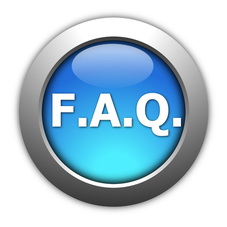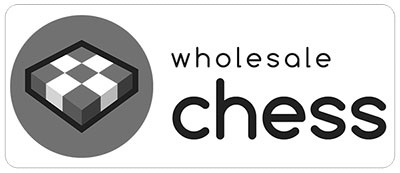
First, tactics is like arithmetic in Math, spelling in English, sketch in painting, shooting hoops in basketball, or goal kicking in soccer. Tactics shows up in every game, everywhere from opening, middle game, to end game. For anyone under 2000, 99% of times you win by tactics, and lose by tactics. Strong tactics skill provides you a solid foundation to leverage on. You build up other skills above that.
In Asia, most countries require elementary students to memorize the 9x9 multiplication table, some even go as far as to the 19x19 multiplication table. In US, memorization is least required. I had a university student who came into the tutor room asking for help with calculus. When we hit a problem that needed to divide 5 by 1, he quickly pulled out his calculator, and punched in "5 / 1 = ", then confidently wrote down 5 as his answer. No wonder he had to stay up late to 2am every night working on math homework.
Second, tactics is an area that can be quickly improved. The progress can be effectively measured. Studying tactics is the most efficient way to make a positive impact to your kids' games. Anyone who has spent time on openings will know one won't see much difference after learning a few new openings. You can memorize your perfect lines, but you may only play those lines in 10% of your games. At other times, either the openings are totally different, or your opponents don't know your perfect lines at all. You have to impromptu, with what? with your tactics skill.
Third, tactics is easy to train, and working on tactics puzzle is an interesting activity for your kids. This is like shooting hoops, your kids get immediate satisfaction after solving a puzzle. Memorizing opening is tedious, calculating 10, 20 moves for endgames is too hard for beginners, learning middle games just gets them lost in nowhere. Only tactics can motivate your kids and keep them move forward one by one.







 RSS Feed
RSS Feed